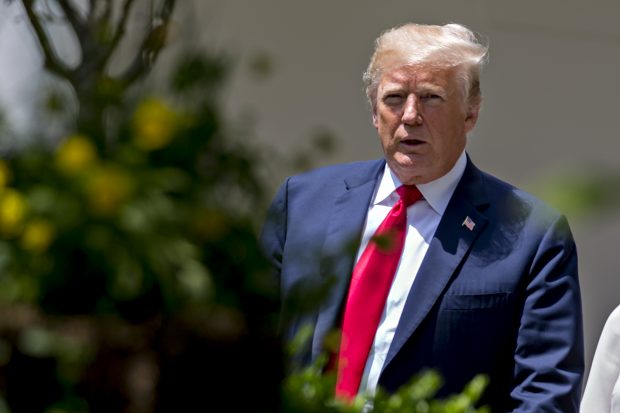
As President Trump signed a resolution nullifying the CFPB's indirect auto sales guidance, the head of the agency vowed to find other guidance that may be voided in the same fashion.
“As an executive agency, we are bound to enforce the law as written, not as we may wish it to be,” said Acting CFPB Director Mick Mulvaney. “In this case, the initiative that the previous leadership at the Bureau pursued seemed like a solution in search of a problem. Those actions were misguided, and the Congress has corrected them.”
Trump on Monday signed the resolution, which uses the Congressional Review Act to nullify the guidance.
The CFPB, under former Director Richard Cordray issued the guidance, which stated that auto dealers who participate in indirect lending must comply with the Equal Credit Opportunity Act when marking up interest rates.
However, Seen. Pat Toomey (R-Pa.) asked the Government Accountability Office to determine whether the guidance actually was a rule that should have gone through the formal rulemaking process, which includes opening the proposal up to public comment.
When GAO ruled the guidance should have gone through that process, it opened it up to a challenge under the Congressional Review Act.
Mulvaney on Monday vowed to continue to make changes at the CFPB.
“I look forward to working with the Congress to bring much-needed structural accountability to the Bureau so that our cherished democratic principles are supported, and the rights of every American consumer are always protected,” he said.
The bureau also said that the successful enactment of the resolution clarifies that a number of bureau guidance documents may be considered rules and should be submitted to Congress for review.
“The Bureau welcomes such review and will confer with Congressional staff and federal agency partners to identify appropriate documents for submission,” the agency said.
© Touchpoint Markets, All Rights Reserved. Request academic re-use from www.copyright.com. All other uses, submit a request to [email protected]. For more inforrmation visit Asset & Logo Licensing.






